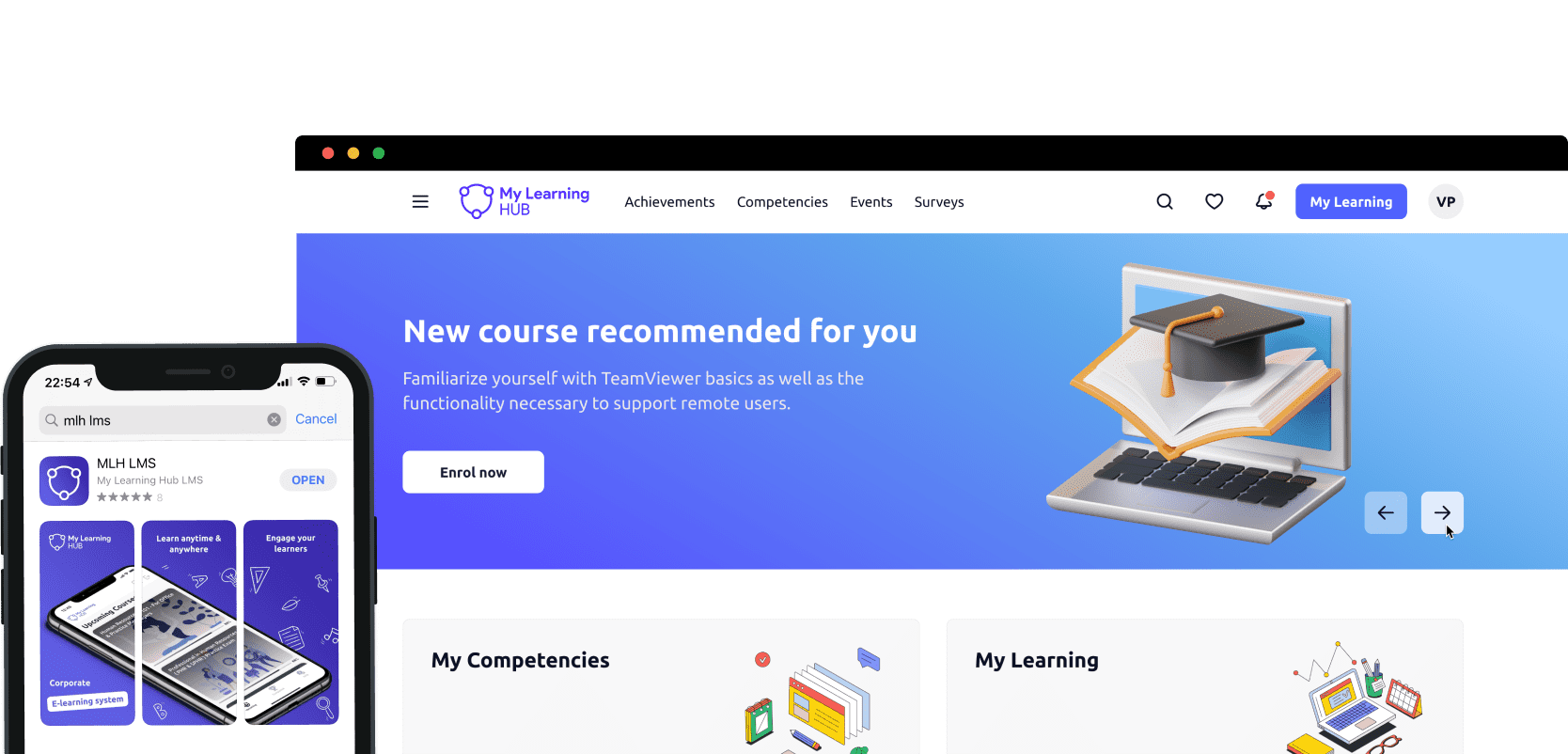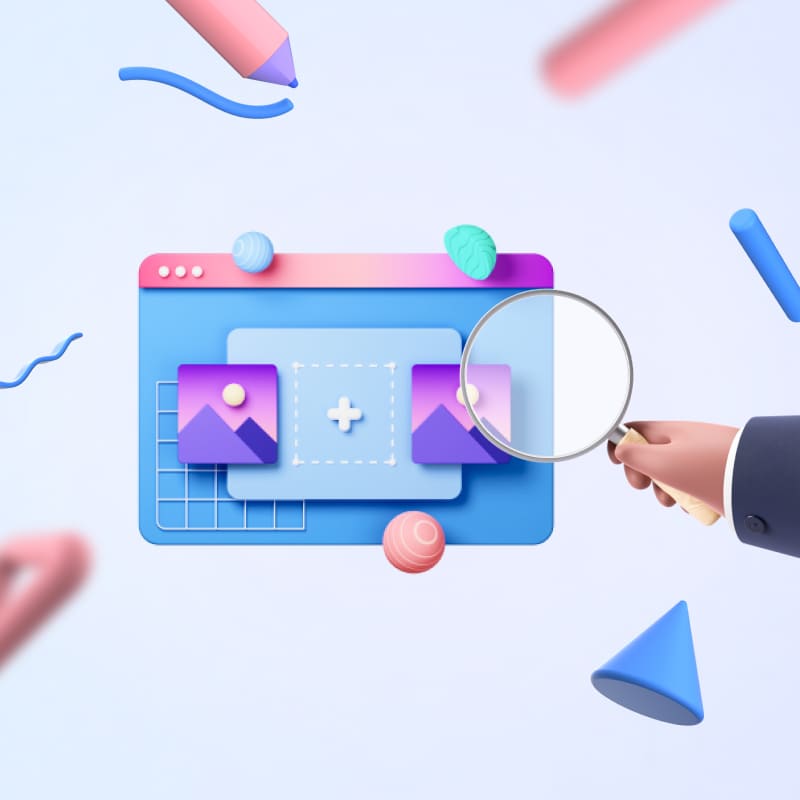
Learning entails journeying through acquiring knowledge to equip learners to make, design, solve problems and create potential, usually through a formal process. The advent of learning management systems in the 90s has not decreased the appetite for its appeal as now, more than ever, its appropriateness cannot be underrated. These days, however, we all talk about the scarcity of time to sit through long hours of learning instruction. Added to that is the growing phenomenon of short attention span, which has made knowledge acquisition in nuggets prevalent.
But, for those in the back just catching on to this, what does a learning management system mean, and how does it work? I’ll tell you.
Contents:
- What is a learning management system?
- Why use a learning management system?
- Benefits of a learning management system
- How do learning management systems work?
- Examples of learning management systems
- Higher education
- Recruitment
- Employee development
What is a learning management system?
A learning management system or an LMS, often also called a learning management platform or learning experience platform, is a software application for planning, managing and delivering learning content in the form of training programmes, educational courses or as part of a learning and development (L&D) programme. Organisations use it to administer online learning as a part of their learning strategy. A correctly implemented LMS enhances the learning experience of participants in a programme and elicits interest and commitment to learning. In the workplace, it helps to develop a proficient, driven and productive team of employees.
An LMS accommodates all facets of an organisation’s L&D functions, including recruitment assessments, onboarding, reskilling, upskilling and continued professional development. There are various other ways to use LMS systems today, including customer training, partner training, member training and compliance training.
Why use a learning management system?
The best LMS systems integrate with HR, ERP, CRM and legacy systems to optimise the use of company information. They reduce both the effort and cost of administration and provide consistent data and learning for staff no matter where they are based. Compatibility with interoperable industry standards such as xAPI (or Tin Can API) and SCORM ease the provision, design, use and distribution of e-learning content.
LMS solutions can absorb a variety of existing and emerging tools and functionalities. Functions such as machine learning, predictive analysis and artificial intelligence help administrators understand user behaviours and measure course performance and interaction to constantly improve the relevance of the LMS and its content to users. They can also be useful in motivating teams and creating a sense of cohesion across an organisation.
Benefits of a learning management system
- Reduces the long-term cost of learning and development
- Facilitates compliance with regulatory certifications, qualifications and continuous professional development
- Tracks the progress and performance of learners and participants
- Provides customisation features that allow for adaptation to the unique requirements of the organisation
- Is suitable for flexible adoption of online or offline access to courses
- Integrates into the organisation’s other managerial systems
- Automates the learning process bumping up efficiency and beating the dreary and recurring processes related to the L&D function
- Accessibility of e-learning content to participants across geographic locations.
- These are only a few of the numerous benefits of learning management systems.
How do learning management systems work?
By accumulating and storing learning materials and content within the software, users can interact with the content and each other while their activities are tracked and recorded. User access is gained by the creation of a profile which provides secure, personalised access to the LMS and its resources. In some instances, users may be required to install the software on their devices or gain access through a server, then, they can log in through the portal and access learning content. LMS solutions can be cloud-based or self-hosted, with each of these having its pros and cons. The LMS may also be made available to you either on a freemium, subscription or licensing basis, depending on the needs or nature of your organisation, its size or requirements.
Examples of learning management systems
Learning management systems can be found in various types of organisations and situations, not just in the workplace. A few examples are shared below:
Higher education
Educational institutions like colleges and universities may install LMS systems to coordinate their programmes and courses, making it available remotely under distance learning schemes or even as part of a blended learning system. Many higher institutions use LMS solutions, as do other educational institutions, in the wake of the pandemic, which forced everyone to function online.
Recruitment
Another example reinforced by the pandemic lockdowns is the use of LMS solutions in recruitment. Many recruitment processes adopt LMS platforms for the initial assessments done in shortlisting candidates. This also collects information about successful candidates and assimilates it directly into the database, reducing the need to replicate similar data collection processes required at each stage of recruitment.
Employee development
Lastly, in workplaces, it has become an essential means of planning, coordinating and ensuring training and competence management within organisations, along with enabling the platform for employee evaluations and career development planning.
Whatever your learning needs as an organisation, an LMS enables you to keep pace in a changing world by providing an innovative contemporary learning delivery system that everyone can use to improve their performance. To learn more about how you can use My Learning Hub’s LMS solution to improve the performance of your team, book a demo with us.













